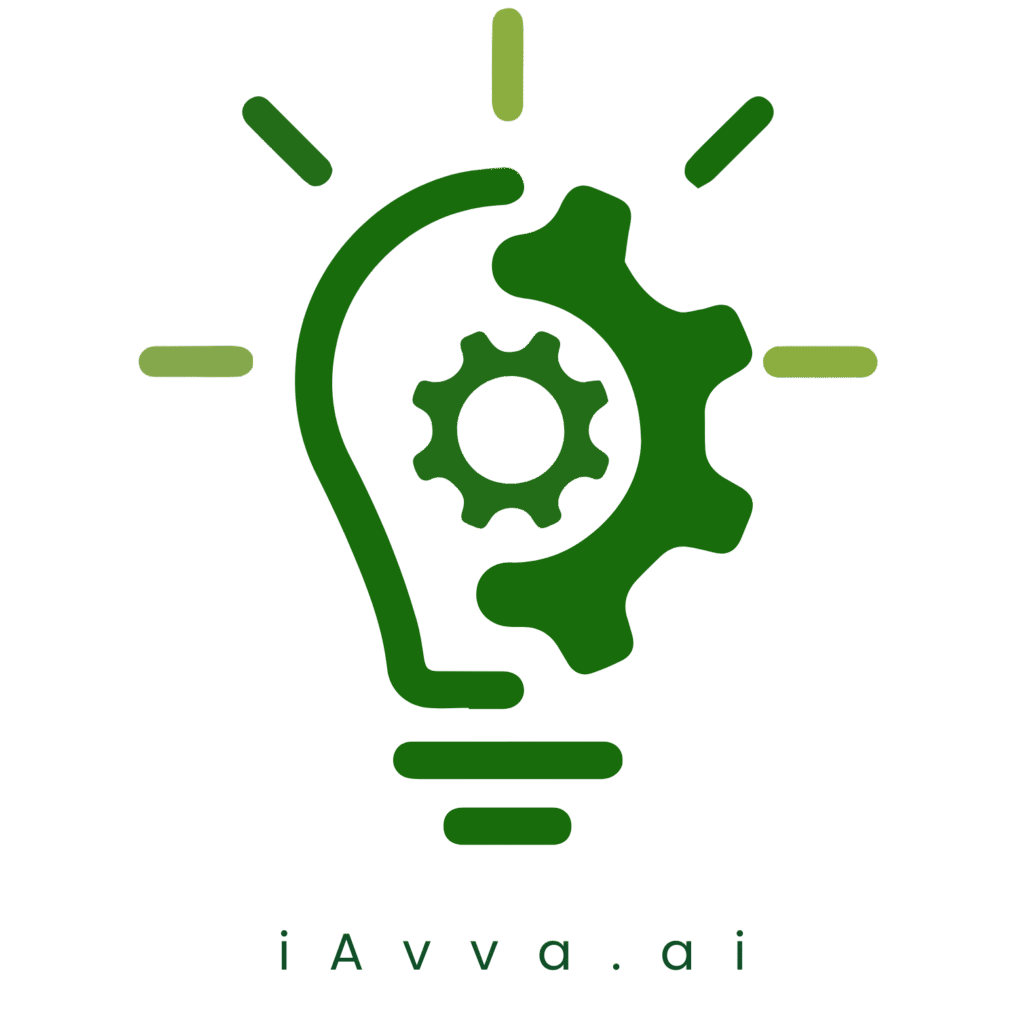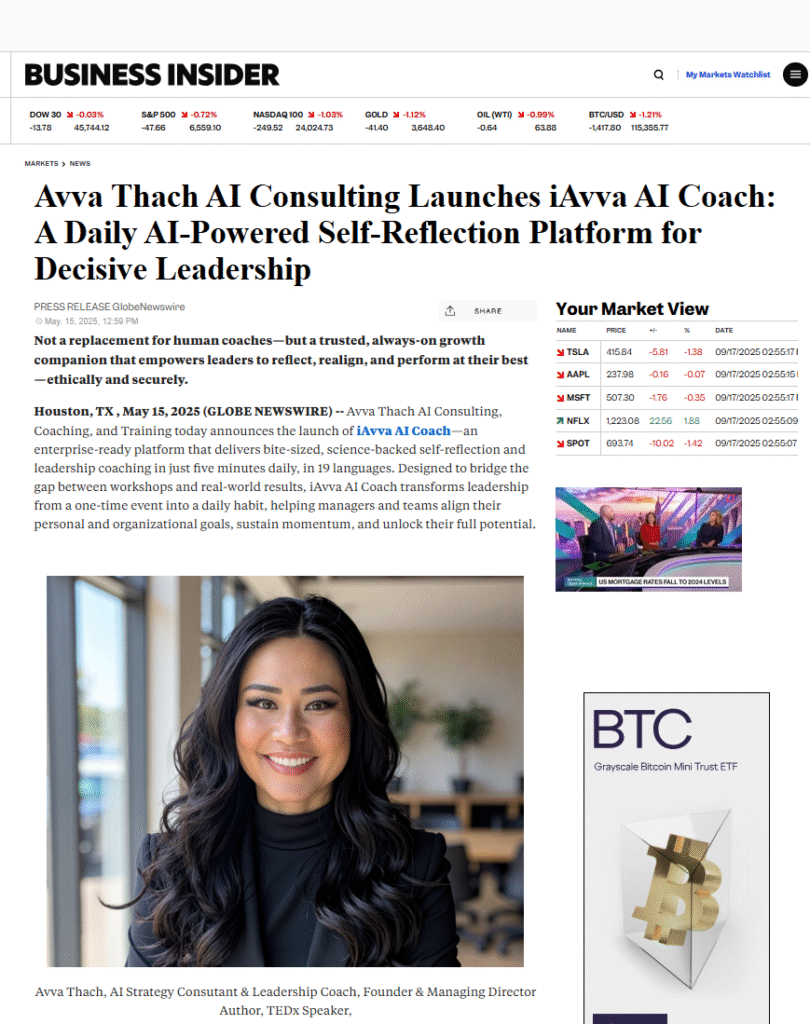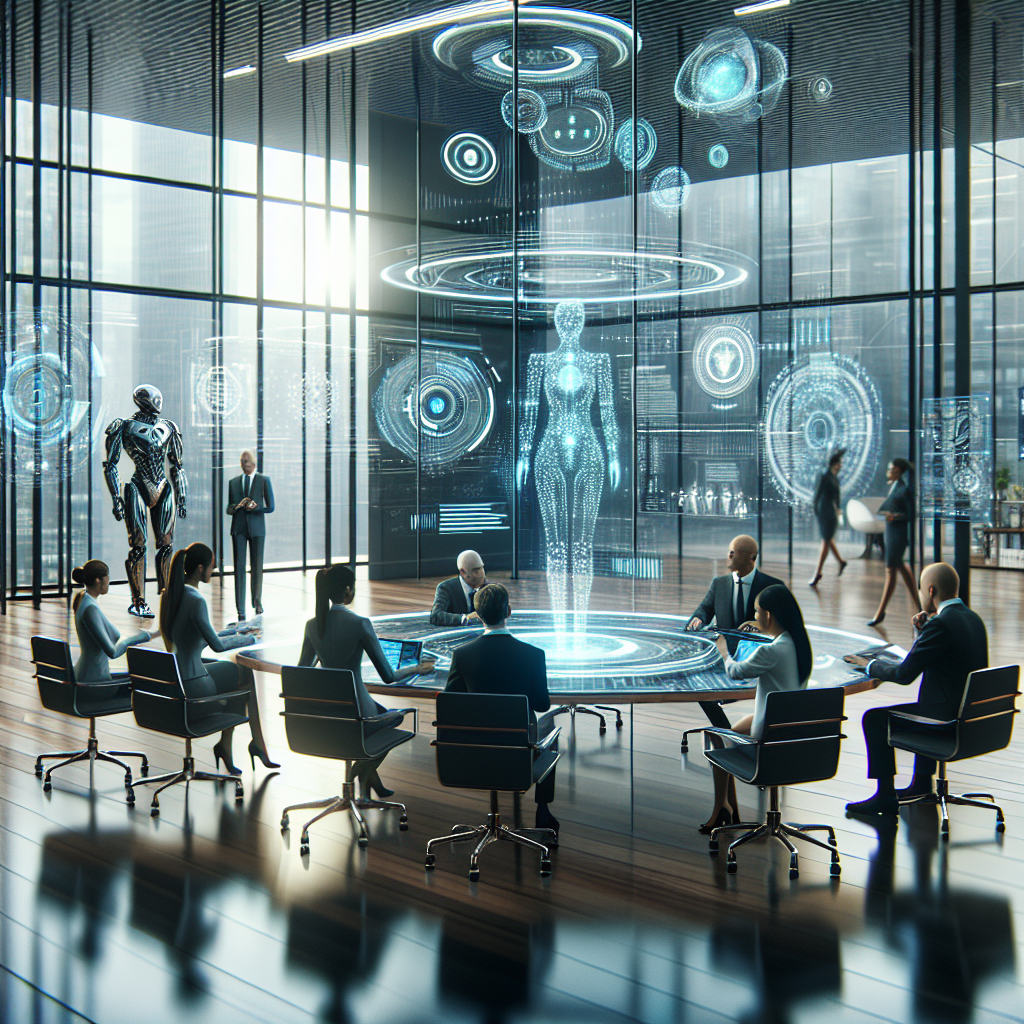Artificial Intelligence (AI) co-workers are becoming an integral part of modern workplaces. These intelligent systems are designed to assist human employees in various tasks, enhancing efficiency and productivity. As organizations embrace digital transformation, the integration of AI co-workers is not just a trend; it is a necessity.
Companies that leverage AI can streamline operations, improve decision-making, and foster innovation. Understanding the role of AI co-workers is crucial for HR leaders, IT executives, and digital transformation champions who aim to motivate and educate their teams. AI co-workers can take many forms, from chatbots that handle customer inquiries to advanced algorithms that analyze data for strategic insights.
The potential of these technologies is vast, and their implementation can lead to significant improvements in workplace dynamics. As we delve deeper into the role of AI in digital transformation, it becomes clear that these co-workers are not here to replace humans but to augment their capabilities. This article will explore the multifaceted impact of AI co-workers on the workplace, highlighting both their benefits and challenges. Download iAvva AI https://iavva.my-ai.coach/#/
Key Takeaways
- AI co-workers are becoming increasingly prevalent in the workplace, assisting human employees in various tasks and processes.
- AI plays a crucial role in digital transformation by automating repetitive tasks, analyzing data, and improving decision-making processes.
- The benefits of AI co-workers in the workplace include increased efficiency, improved accuracy, and the ability to handle large volumes of data.
- Challenges and limitations of AI co-workers include potential job displacement, data privacy concerns, and the need for continuous maintenance and updates.
- AI co-workers can enhance productivity by streamlining processes, providing real-time insights, and enabling employees to focus on more strategic tasks.
The Role of AI in Digital Transformation
AI plays a pivotal role in digital transformation by automating processes and providing insights that drive strategic decisions. Organizations are increasingly adopting AI technologies to enhance their operations and customer experiences.
This not only improves efficiency but also helps businesses stay competitive in a rapidly changing market.
Tools powered by AI can analyze employee interactions and suggest improvements, fostering a more collaborative environment.
By integrating AI into their digital transformation strategies, organizations can create a more agile workforce that adapts quickly to changes. This adaptability is essential in today’s fast-paced business landscape, where the ability to pivot can determine success or failure.
Benefits of AI Co-Workers in the Workplace

The benefits of AI co-workers are numerous and impactful. One of the most significant advantages is increased efficiency. AI systems can handle repetitive tasks, allowing human employees to focus on more strategic initiatives.
For example, an AI-powered scheduling tool can manage appointments and meetings, freeing up valuable time for employees to engage in creative problem-solving. Additionally, AI co-workers can enhance decision-making processes. By analyzing vast amounts of data quickly, AI can provide insights that humans may overlook.
This capability enables organizations to make informed decisions based on real-time data rather than relying solely on intuition or past experiences. As a result, businesses can respond more effectively to market changes and customer needs.
Challenges and Limitations of AI Co-Workers
| Challenges and Limitations | Description |
|---|---|
| 1. Lack of Emotional Intelligence | AI co-workers may struggle to understand and respond to human emotions. |
| 2. Ethical and Bias Concerns | AI systems may exhibit biases or make unethical decisions, leading to potential harm. |
| 3. Limited Creativity and Innovation | AI may struggle to think outside the box and come up with truly innovative solutions. |
| 4. Data Privacy and Security Risks | AI systems may pose risks to the privacy and security of sensitive data. |
| 5. Dependence on Data Quality | AI performance is heavily reliant on the quality and relevance of the data it is trained on. |
Despite the many benefits, there are challenges associated with integrating AI co-workers into the workplace. One major concern is the potential for job displacement. As AI systems become more capable, there is a fear that they may replace human workers in certain roles.
This concern highlights the need for organizations to approach AI integration thoughtfully, ensuring that employees are upskilled rather than sidelined. Another challenge is the ethical implications of using AI in decision-making processes. Organizations must consider how AI algorithms are developed and the potential biases they may carry.
If not addressed, these biases can lead to unfair treatment of employees or customers. Therefore, it is essential for companies to implement transparent practices when deploying AI co-workers, ensuring that ethical considerations are at the forefront of their strategies.
How AI Co-Workers Can Enhance Productivity
AI co-workers have the potential to significantly enhance productivity within organizations. By automating mundane tasks, they allow employees to dedicate more time to high-value activities. For instance, an AI system can manage inventory levels in real-time, alerting staff when stock is low and automatically placing orders.
This automation reduces the burden on employees and ensures that operations run smoothly. Furthermore, AI co-workers can provide personalized support to employees. For example, virtual assistants can help team members prioritize their tasks based on deadlines and importance.
This tailored approach not only boosts individual productivity but also contributes to overall team performance. As employees feel more supported in their roles, they are likely to be more engaged and motivated.
The Impact of AI Co-Workers on Job Roles and Responsibilities

The introduction of AI co-workers inevitably alters job roles and responsibilities within organizations. While some tasks may be automated, new opportunities arise for employees to engage in more complex and creative work. For instance, marketing teams may find themselves focusing more on strategy and content creation while relying on AI tools for data analysis and campaign optimization.
Moreover, the collaboration between human workers and AI co-workers fosters a new dynamic in the workplace. Employees must adapt to working alongside these technologies, developing new skills that complement their capabilities. This shift requires organizations to invest in training programs that equip employees with the knowledge needed to thrive in an AI-enhanced environment.
Ethical Considerations of AI Co-Workers in the Workplace
As organizations integrate AI co-workers into their operations, ethical considerations must be addressed. One key issue is data privacy. With AI systems processing vast amounts of personal information, companies must ensure that they comply with regulations and protect employee data from misuse.
Additionally, transparency in AI decision-making is crucial. Employees should understand how AI systems operate and how decisions are made based on their input. This transparency builds trust between employees and technology, fostering a positive workplace culture where individuals feel valued and respected.
Implementing AI Co-Workers: Best Practices and Strategies
To successfully implement AI co-workers, organizations should follow best practices and strategies that promote effective integration. First, it is essential to assess the specific needs of the organization and identify areas where AI can add value. This assessment should involve input from various stakeholders, including HR leaders, IT executives, and employees themselves.
Next, organizations should prioritize training and development programs that prepare employees for working alongside AI co-workers. Providing resources and support will help ease the transition and empower employees to embrace new technologies confidently. Additionally, fostering a culture of innovation encourages employees to explore how they can leverage AI tools to enhance their work processes.
Training and Development for AI Co-Workers
Training and development play a critical role in maximizing the benefits of AI co-workers. Organizations should invest in comprehensive training programs that cover both technical skills and soft skills necessary for collaboration with AI systems. For example, employees may need training on how to interpret data generated by AI tools or how to communicate effectively with virtual assistants.
Moreover, ongoing development opportunities should be provided to keep employees updated on advancements in AI technology. As these technologies evolve rapidly, continuous learning ensures that employees remain competitive in their roles and can adapt to new tools as they emerge.
The Future of AI Co-Workers in the Digital Transformation
The future of AI co-workers looks promising as technology continues to advance at an unprecedented pace. As organizations increasingly adopt digital transformation strategies, the role of AI will only grow more significant. We can expect to see more sophisticated AI systems capable of performing complex tasks that were once thought exclusive to humans.
Furthermore, as businesses recognize the value of collaboration between humans and machines, we may witness a shift in workplace culture towards greater acceptance of AI co-workers. This evolution will require organizations to remain agile and open-minded as they navigate the challenges and opportunities presented by this technological revolution.
Embracing AI Co-Workers for a More Efficient Workplace
In conclusion, embracing AI co-workers is essential for organizations seeking to thrive in today’s digital landscape. These intelligent systems offer numerous benefits, from increased efficiency to enhanced decision-making capabilities. However, it is crucial for organizations to address the challenges associated with integration thoughtfully.
By prioritizing ethical considerations, investing in training programs, and fostering a culture of innovation, companies can successfully implement AI co-workers into their operations. As we move forward into an increasingly digital future, organizations that embrace this technology will be better positioned for success in an ever-evolving marketplace.
As I co-workers become integral to the next stage of digital transformation, companies like Anthropic and OpenAI are at the forefront, developing large language models that serve as virtual collaborators within the workplace. These AI systems are being trained to proficiently use enterprise applications such as Salesforce, enhancing productivity and streamlining operations. A related article, “OpenAI’s Oracle Deal Reshapes AI Cloud Strategy,” discusses how strategic partnerships and cloud strategies are pivotal in advancing AI capabilities, further solidifying the role of AI in modern business environments.
FAQs
What is the next stage of digital transformation in the workplace?
The next stage of digital transformation in the workplace involves the emergence of AI-powered virtual collaborators, trained by developers such as Anthropic and OpenAI, to use enterprise apps like Salesforce and assist co-workers in various tasks.
How are AI developers training virtual collaborators for the workplace?
AI developers are training virtual collaborators by using large language models to teach them how to use enterprise apps like Salesforce and other tools commonly used in the workplace. This training enables the virtual collaborators to act as digital assistants for co-workers.
What are some examples of AI developers involved in training virtual collaborators for the workplace?
Some examples of AI developers involved in training virtual collaborators for the workplace include Anthropic and OpenAI. These developers are at the forefront of creating AI-powered virtual collaborators that can assist co-workers in using enterprise apps and performing various tasks.
How do virtual collaborators benefit the workplace?
Virtual collaborators benefit the workplace by providing assistance to co-workers in using enterprise apps and performing tasks. They can help streamline processes, increase productivity, and provide valuable support in various aspects of work, contributing to the overall digital transformation of the workplace.

















Leave a Reply